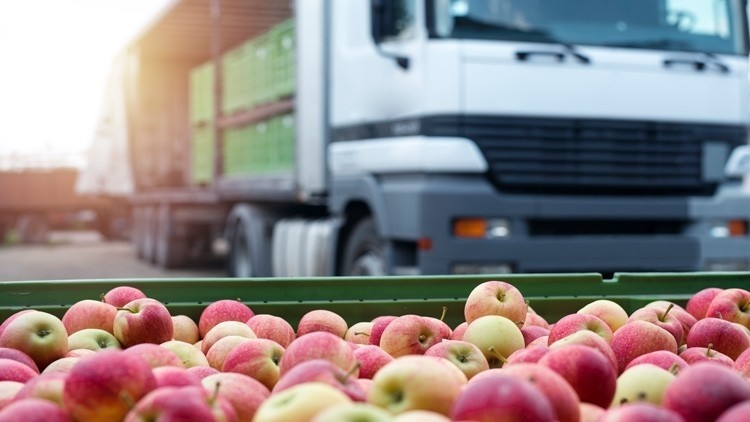Foodservice price inflation hits another record high as supply issues mount

The figure is the highest in the history of the Index and continues a surge in prices since the start of the year.
It is 3.4 percentage points higher than in February, when year-on-year inflation reached double digits for the first time. By comparison, inflation in March 2021 — when the UK was still under widespread Covid restrictions — was just 0.1%.
“Two years on from the start of the Covid crisis, there is little sign of price pressures easing in the foodservice sector,” says James Ashurst, client director at CGA.
Seven of the 10 categories measured by the CGA Prestige Foodservice Price Index were in double-digit inflation in March 2022 — and five recorded increases of more than 20%. Prices in the oils and fats category are now over 50% higher than just one year ago, while the breads and cereals segment has increased dramatically too.
These and other categories including fish have been heavily impacted by the war in Ukraine, a major supplier of commodities including oils and grains. With shortages likely to continue for some time, further volatility in prices can be expected.
Russia’s invasion of Ukraine has exacerbated other major inflationary pressures, including the soaring costs of energy, fuel, transportation and labour. High levels of inflation are also being seen in categories of the Index including fruit, dairy and soft drinks, while chicken prices are rising sharply too.
“The war between Russia and Ukraine looks likely to push inflation even higher in the coming months,” says Shaun Allen, Prestige Purchasing CEO.
“This conflict is truly multidimensional. It’s reduced production levels of food staples such as grains and oils, it’s driven up the cost of distribution by increasing oil prices, and it’s raised the cost of energy by restricting gas supplies. Inflation may calm later in the year, but prices are unlikely to fall for the foreseeable future.
“Actively managing supply increases using smart buying strategies and reliable market data is critical to mitigating impacts in this highly volatile market.”
Ashurst adds that while there is hope of some respite as the year progresses, high inflation is going to be a factor for businesses for some time to come.
“Supply problems in Ukraine and elsewhere come on top of soaring costs that are causing major stress for businesses that were weakened by successive lockdowns — and the squeeze on consumers’ disposable income is starting to impact all sectors too,” he says.


























